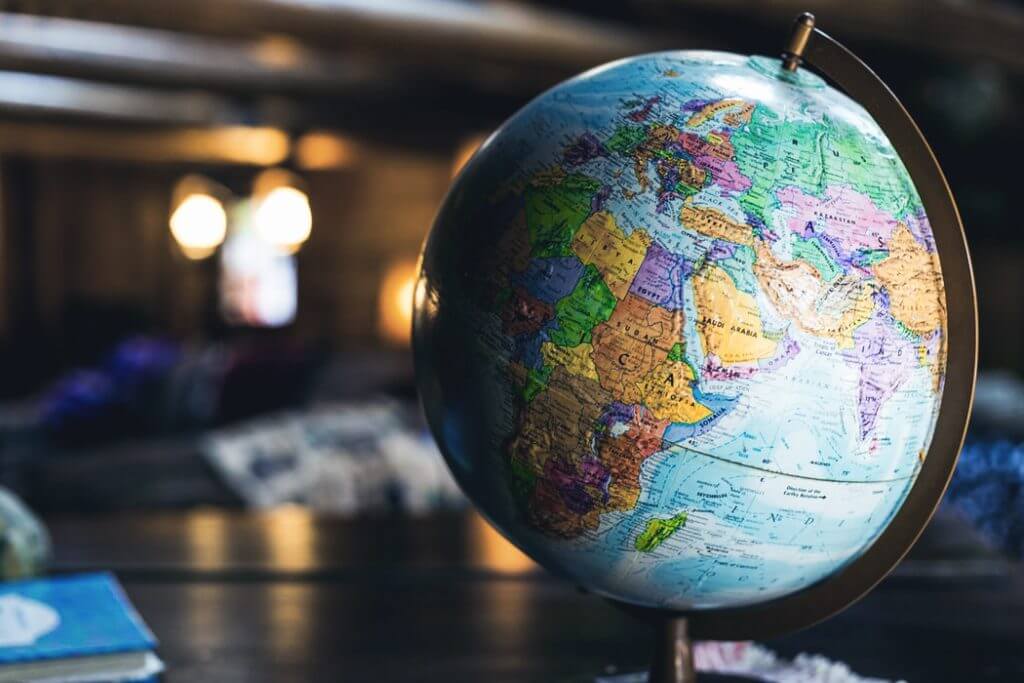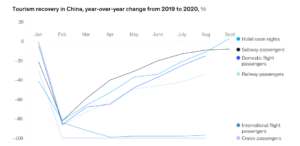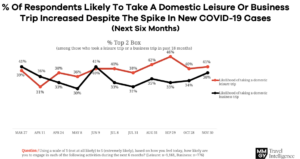
As we all process the short and long-term effects of Covid in our lives, jobs & leisure pursuits, I have been conflicted with the reality of a very real lethal threat to the world community and the incredibly important role travel plays in the success and lifeblood of small business, service workers and government tax-based human services. Yes, we need to wear masks, socially distance and protect others, but we also need to move our economy forward with travel as a lead economic boon.
In March, I shared a view and still believe that many of our insights hold true and remain good guidance for the future. But I also must admit that the global cost, in terms of lives and economic struggle, has been larger than I ever expected. Over one billion people have been impacted by the virus and close to $2 trillion has been lost in travel, in addition to the over 4 million jobs lost in the U.S. alone.
Subscribe to our weekly newsletter and stay up to date
As we look into 2021, there are many reasons to be optimistic as travel intent is climbing and vaccines are on the near horizon. In China, hotel occupancy and domestic flight numbers are now 90% of 2019 levels and in a study from McKinsey, Chinese intent to travel rose from 15% to 70% between May and August.

So, what does that mean for the year ahead in terms of demand, short-term trends and long-term impacts in the rest of the world? Can we expect a quick bounce like many parts of Asia are experiencing?
The Consumer Mindset
As we talked about in March, travelers have moved through the four cycles of Fear, Understanding, Action and Rational Behavior over the last nine months. You see it in the MMGY Travel Intelligence intent data that reflect moves in and out of this cycle.

Most interesting are the quick pivots consumers made as they began to understand the virus and the precautions necessary to travel safely. Flight, occupancy and visitation numbers continue to be devastatingly below norms, but consumers have slowly tipped into travel albeit in different and constrained ways. As with the post-9/11 travel period, people will now prioritize travel in new ways that allow a connection and authentic experience that acts as a salve for the sense of deprivation in 2020, both in leisure and business settings. This socio-economic and emotional reality, in aggregate, sets-up for a very strong demand recovery despite the prognostications of some industry analysts.




